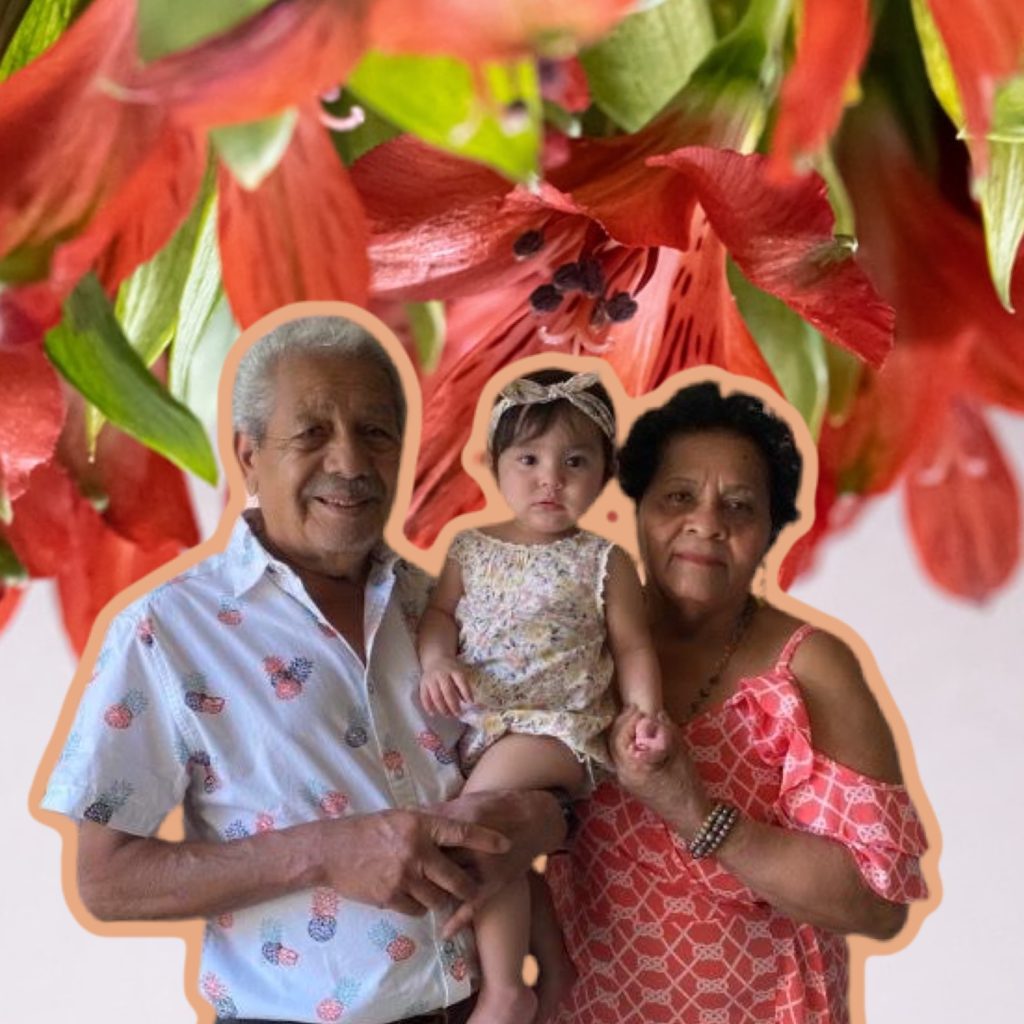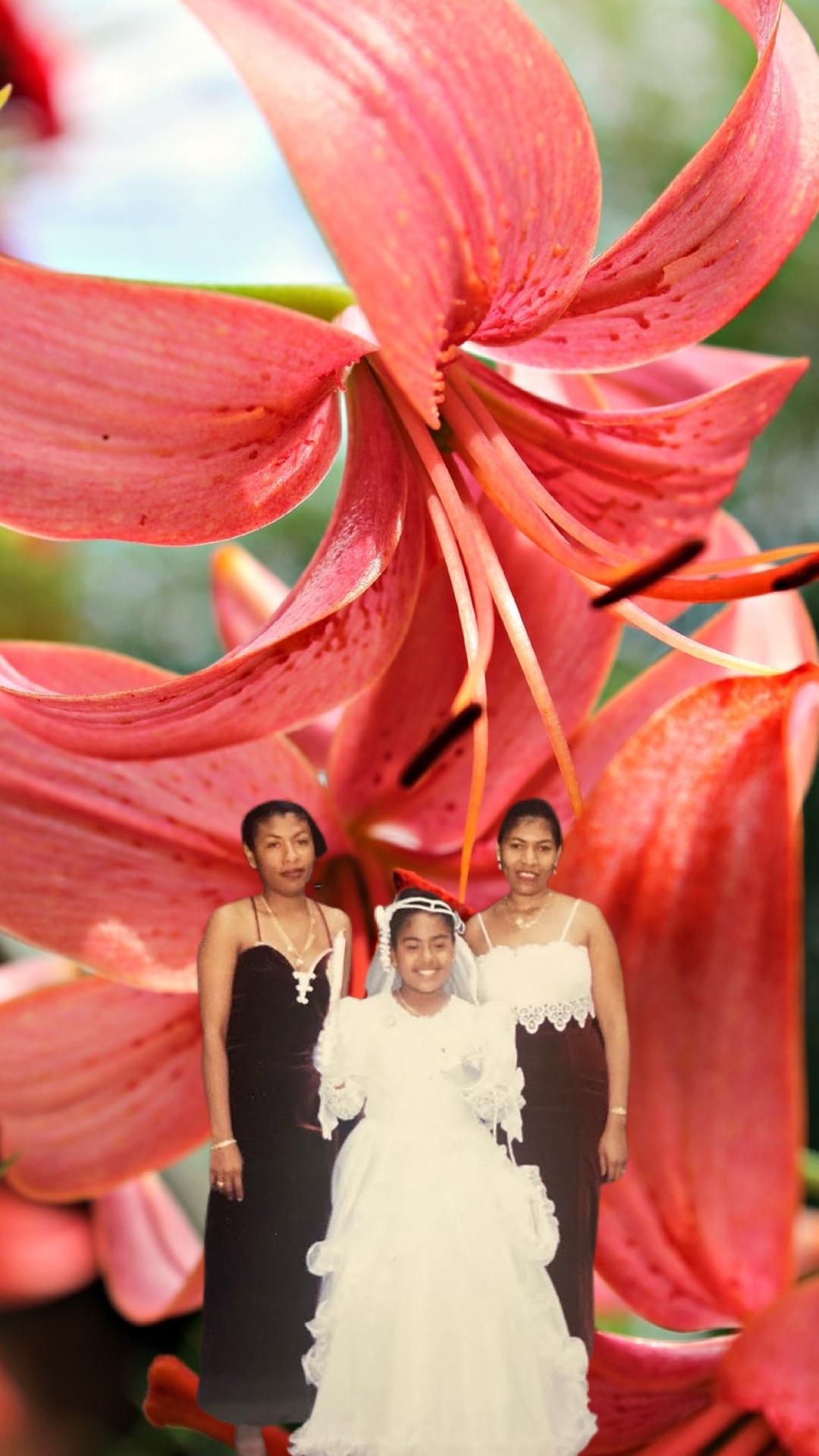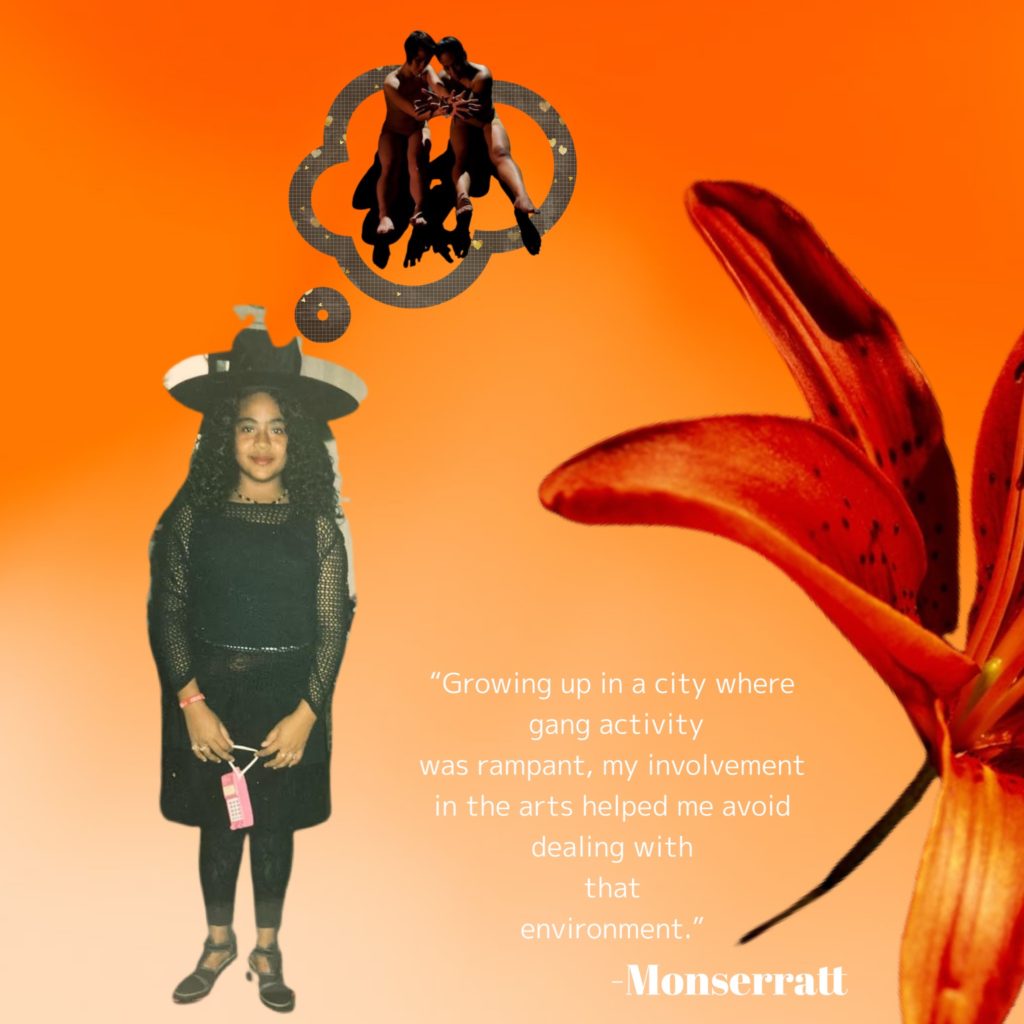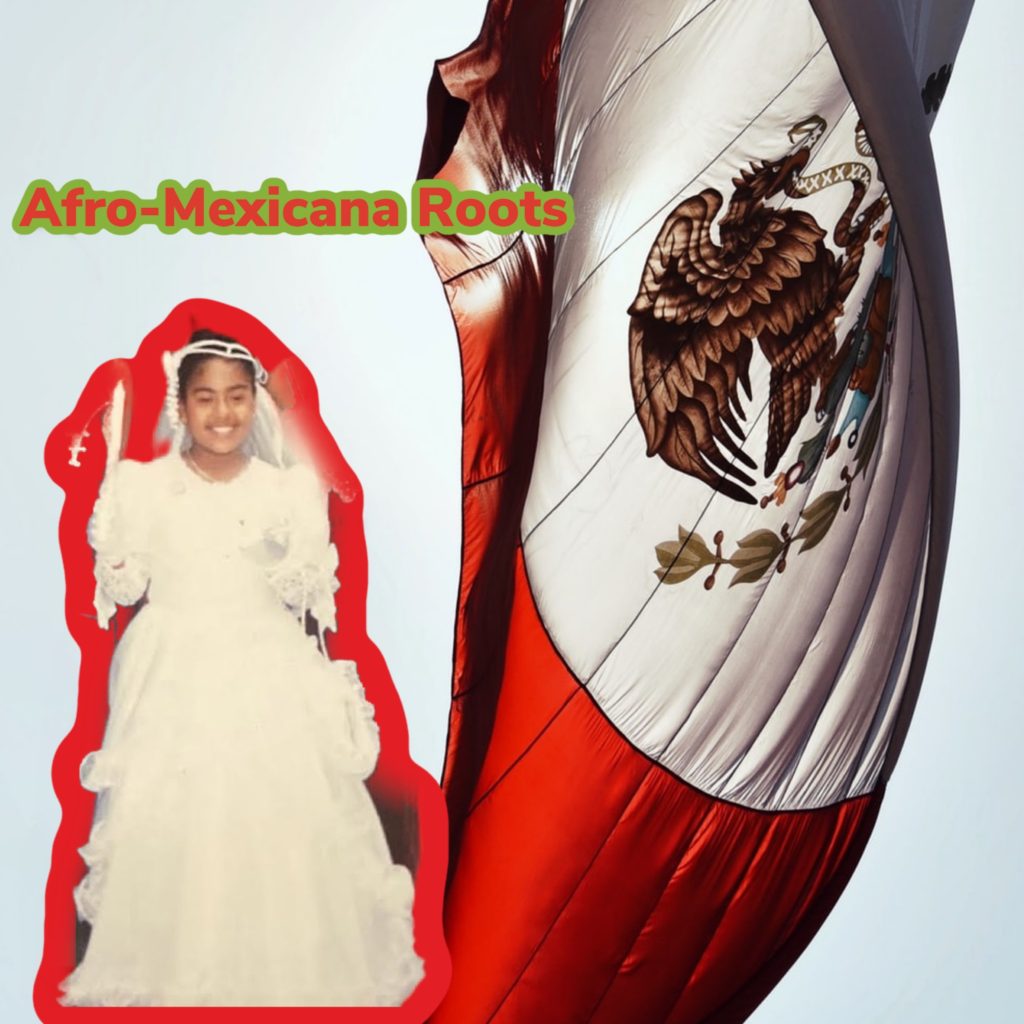Growing as a Latin American
My life revolved around my family, school, and performing arts throughout my childhood. Since we were the first family members to move to the States, we did not have many family members or friends here from back home. There are many Mexicans in the city where I grew up, but most are from states in Mexico that we did not originate. In time, we became friends and adapted well to our new town. Our family began to establish roots in the United States.
Performing arts became a significant part of my journey. I knew that I wanted to pursue art as soon as I could remember. My family has been a great inspiration; many are musicians and singers. Growing up in a city where gang activity was rampant, my involvement in the arts helped me avoid dealing with that environment. I found school to be a conducive environment for creativity, especially since I spent most of my time there.
First-hand, I learned about racism within the cultures of Latin America. In the past, my family and I had negative interactions with some neighbors who would shout racial slurs at us when they were mad. Because I never felt like I had anything in common with my friends apart from being Mexican or Latam, I had difficulty fitting in. I was also exposed to the admiration that light-skinned people were accorded and the idea that they could do no wrong.
Growing up, I was told “Mejorar la Raza” by neither Afro-latams nor Afro-Latinos. It always meant getting married to someone light-skinned to have lighter, prettier children; it was like black people were perceived as flawed or imperfect; it always stuck with me, and I became more proud and embraced being black because of that. I learned to survive by growing up in an environment that wasn’t easy for me.

The impact of my heritage on my childhood
My heritage has had a profound impact on my life. I have never felt like I fit in. I never felt like I was Mexican enough because the traditions, music, food, and our way of speaking were entirely different from the Mexicans I knew. Due to this, I couldn’t talk to friends about my experiences since they didn’t understand or relate to them. Adapting to their ways was more manageable than talking up my experiences. Growing up, I was aware that I was black, and I could not understand why people were shocked to see that I was Afro-Mexican, why they asked if I was black, or why they told me that I looked black even though I was Mexican. The people watched what they said. Because they had never encountered a black Mexican before, they did not know how to act around me. It led to me sometimes hearing anti-black and racist comments that are considered “normal” in Mexican culture. I was aware from a young age that I was a “different” type of Mexican, which made me feel isolated.
Storyteller: Monserratt
Editor: Fredelinda
Do we need to focus on any specific areas or concerns in the Latin American community?
We need to include Black, and Indigenous Latam faces in all aspects of our lives and normalizes them. Colorism and racism are evident in our Latam cultures, and we cannot claim that it doesn’t exist. We should assist marginalized Black and Indigenous communities. Especially in many countries, Afro-Latinos lack access to education, health, and safety.


How can Afro-Latams experiences be discussed in our community?
To discuss the experiences of Afro-latams, we need to talk about their history. The black experience in Latin America has not changed much over the years. Afro-Latams still face discrimination and anti-blackness in our communities. Mexico has the highest illiteracy rate among Afro-Mexicans. For example, my mother and many older adults are illiterate, shocking to 21st-century society.
What things have you learned as an Afro-Latam living in the US?
Through education, I have been able to help myself and my community. By learning about my history, I understood how to fit in a country filled with diversity. It’s taught me to be proud of who I am and where I come from no matter what anti-blackness runs through the veins of this nation.


What can the community do to help you?
Discover the history of Afro-Latam. If you meet one of us, ask us about our culture and know us better. We must speak out when we hear or see anti-Blackness within our communities. Help Afro-Latinos who are making a difference.
The issue I have faced in my culture is that people want to dismiss my black roots and call me mestiza. Some people tell me you are Black, but you are a mestiza, so you have to embrace both your European and native roots. My mission is to bridge the awareness gap between non-Black Mexicans and Afro-Latams.


